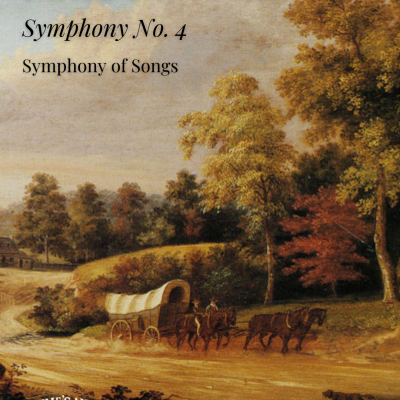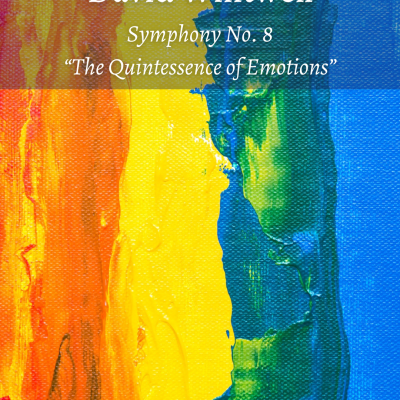Description
Jerome Sorcsek
Symphony No. 4 (2021)
⏰ 50 min
5️⃣ Medium-Advanced
📄 PDF download
🎺 Wind Band
Symphony No. 4 is, in part, the beneficiary of unused material dating back to the late 1970’s. The first and third movements are built from older works, with the exception of the brass statements in the first movement. The second and fourth movements are entirely new.
During all the years of extreme drought, I began to wonder if various Slavic peoples had ever practiced pagan rainmaking rituals. I found Dodola and Peperuna, the rituals named for two Slavic goddesses of rain. In the Spring and during dry summer months, children — some dressed in clothing made of leaves and other plant parts — would sing and dance for households throughout their villages. Each host sprinkled water on those wearing the leafy garments. In some instances, gifts of food would be given to the children.
The text of the fourth movement is cited as the oldest known Dodola song, in a dialect of Macedonian spoken in Struga, in the northern part of Macedonia. It is too highly idiomatic to render an exact translation that makes sense. So, using two sources – the text in Cyrillic alphabet and its Western transliteration – I was able to put together an interpretation suitable for a contemporary audience. It resembles an almanac entry more so than song lyrics. The closest literal translation of the repeated line, “Oj ljule, oj”, is “O Dear, O”. I think that today, this might be interpreted as “Yes!”
The butterfly flew away,
From ploughman to ploughman,
From digger to digger,
From cutter to cutter,
To sprinkle fine dew
On the field and the sea,
To bear blessings
Of wine-grain,
Of wheat to the beams
And barley to the eaves.
To the weak and the strong,
To the wounded poor,
Came downpours to the knees.
The trees were without wasp hives,
The summer was short.
The trees were awakened,
The baskets were filled.
The trees all were thrifty,
It was a prosperous year.
The chorus parts in the score are marked Choir 1 and Choir 2. I had a children’s chorus in mind when composing the piece. It seems that doubling with a women’s choir would be advisable, possibly necessary, to provide weight to the choral texture for balance with the band, mainly the brass.









